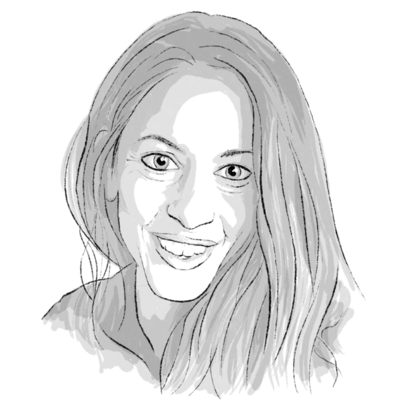How motherhood made me a better reporter

 Stephanie Hanes
Stephanie Hanes
A decade ago, I took my baby daughter with me on a reporting trip to Kenya. She was still nursing and would howl for hours if I tried to put her down. But I figured she was portable. Motherhood, I had decided, was not going to change the way I worked.
So, I strapped her into a carrier. I paced the airplane aisles to keep her quiet. I rocked her all night under a mosquito net. It was, in a word, exhausting.
I hadn’t thought about this trip for years. But then about pumping milk on a dirty airport floor. She was traveling across the United States to build a scientific collaboration focused on ocean warming. She had also decided that being a mother wouldn’t affect her career.
There are some moments as a journalist when you recognize a story that’s particularly connecting, universal. For years, mothers in the workplace have gotten the message that it’s best to pretend your kids don’t exist. Resilience, we have imagined, means carrying on just as before they were born.
But Dr. Russell came to challenge this. She is part of a new group called Science Moms. They connect with non-scientist mothers to spread information about climate change and talk explicitly about the way they feel as parents looking at the Earth’s future. This is a big shift. It’s a full reframe of parenthood, science, and resilience. They have recognized that rather than undermining their work, their children are the rock beneath it. Climate change can be distressing. But as one scientist told me, when you’re fighting for your babies, there’s no such thing as giving up.
I write about climate change for the Monitor. I now feel a responsibility to search for characters like Dr. Russell, to share fierce, clearsighted stories that combat despair, build connection, and encourage progress. My daughter is 10 now, and her sister is 8. They have changed the way I work. I am grateful.



